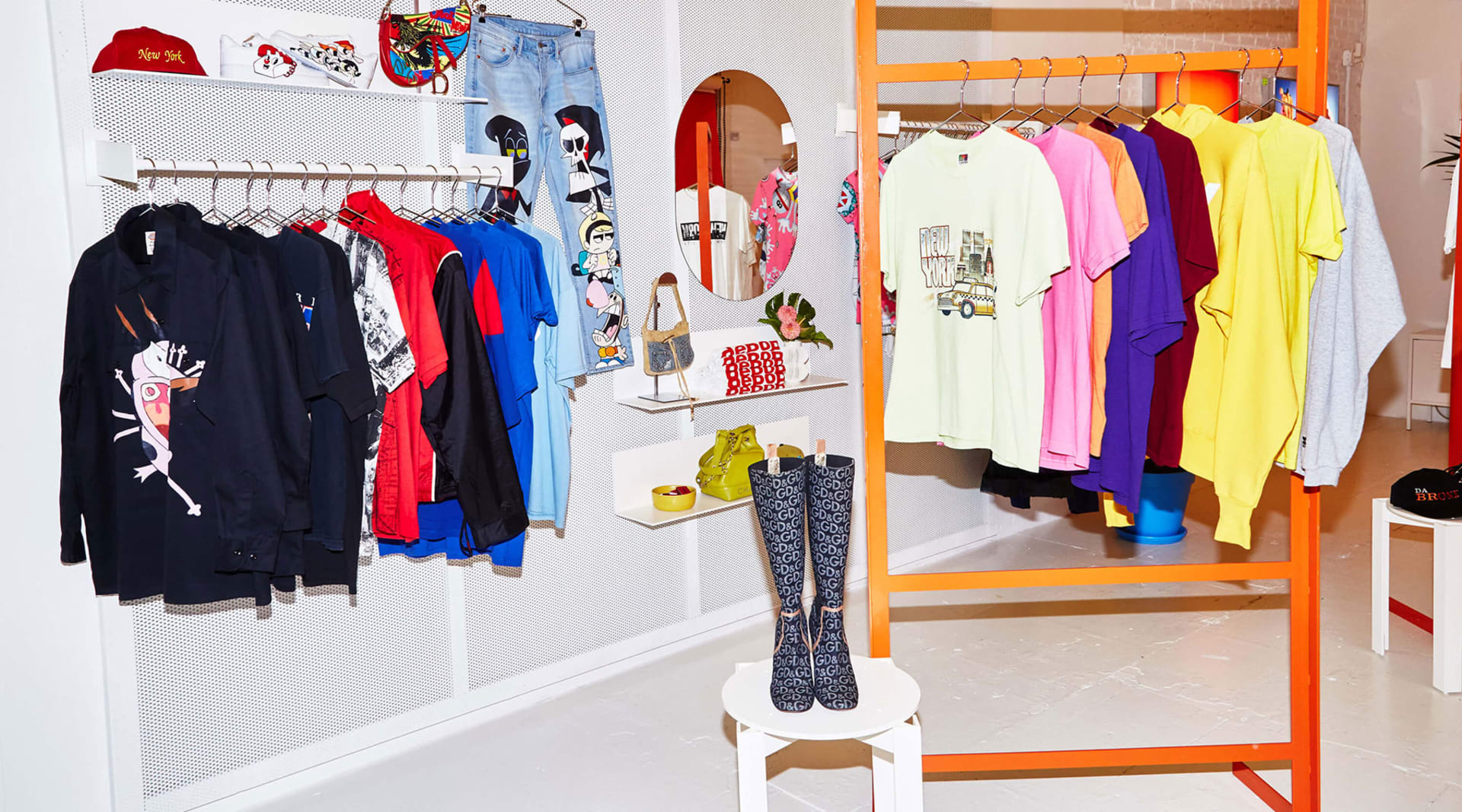A more conscious attitude to consumption, rising awareness of sustainability issues, and a sense of fatigue at influencers constantly pushing products are all contributing to an emerging anti-excess movement in fashion and beauty.
A cohort of YouTubers are actively moving away from plugging endless launches and PR hauls on their channels, Dazed reported in October 2019. One who took a radical stance is Samantha Ravndahl, a make-up artist and YouTuber who announced last year that she’d asked beauty companies to stop sending her PR packages.
“Every time a new product was sent to me, I’d look at it and think, ‘Well, it’s here, it’s new, I might as well review it’,” Ravndahl told The Cut. “That was not the kind of content I would want to watch. More importantly, I wouldn’t want to be told to buy something new when just last week, I’d been told to buy something else that was really similar. That’s not realistic, and that’s not how people buy makeup…It was clogging my ability create.”
Ravndahl added that environmental concerns had come into play for her, too. “I live in a household of eight people, and the waste that I alone created was more than the others combined,” Ravndahl said. Updating her followers on her stance, Ravndahl
Browser Tracking Protection enabled. Unable to display content.

And among everyday avid make-up consumers, the sub-Reddit r/MakeupRehab supports those looking to reduce their make-up consumption and rate of new purchases. The thread’s founders describe it as “a place for those who are on a no-buy, low-buy [plan], or just want to talk make-up and beauty without being bombarded with sales, hauls, and other tempting posts.”
This anti-excess movement in beauty is also illustrated by the growing trend that sees Japanese millennials buying second-hand make-up. The Business of Fashion reported in August 2019 that Japanese millennials low on disposable income are buying used make-up products by brands from RMS to Chanel, primarily through the peer-to-peer marketplace Mercari. “We can’t afford expensive make-up products, but we still want them because we somehow think they will brighten up our routine lives,” said one of the Japanese consumers in the BOF story.








